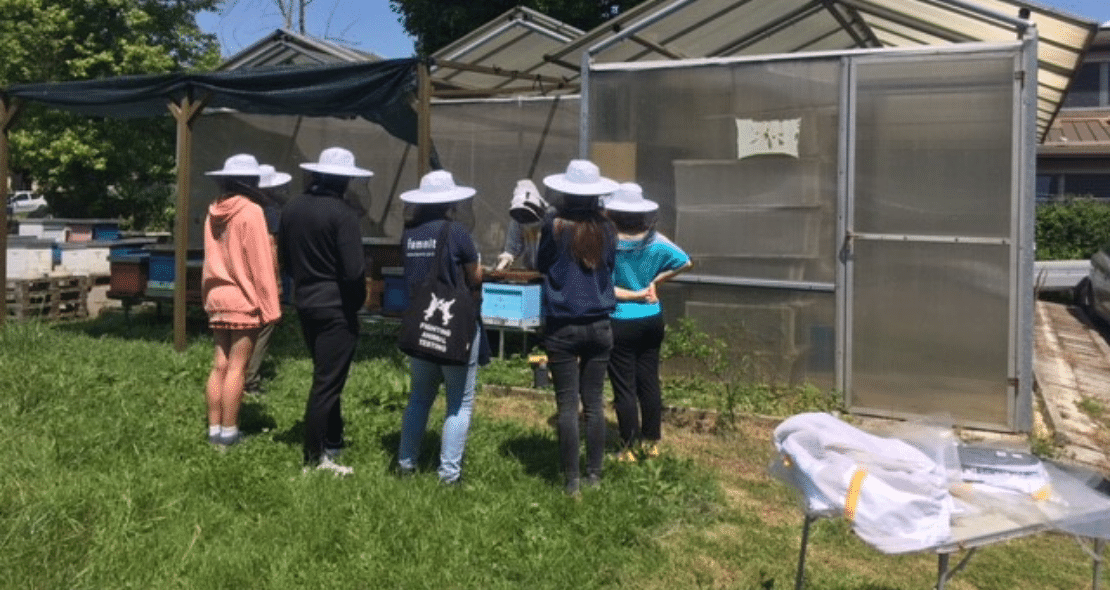Dissemination of the project result is as important as getting results, but to many scientists (myself included) this does not come naturally. Of course, publishing scientific papers and having discussions within the scientific community is part of the regular job, yet transferring results to the target groups who often do not have “compatible” education or even an intrinsic motivation to use these results, is more difficult. On top of that, making a case with the general public and convincing them that what you are doing is worth the money, is both more difficult and even more important. I am aware that this might sound like a lament.
However, I should also stress that passing or disseminating results to young people is probably easier in the sense that there are fewer prejudices or lesser resistance to the novelties in young people in comparison with more experienced (and older) target groups. Not that disseminator doesn’t get challenged in the intellectual fashion or that whatever is said is also accepted at the face value; to my opinion, it is the fact that young are there to get educated or to receive the guidance of some kind, the greatest asset in the dissemination.
In general, we meet two kinds of young people in the frame of our project: the first kind are the students, still in the process of formal education and the second kind are those who have already completed their formal education and are looking forward to getting their beekeeping going. The first are expecting examples and are storing knowledge for potential use; the second ones are looking for specific knowledge to improve their skills and/or business.
The second kind are more important to our project in the short term. These young people are often well networked with their older, more experienced, and more rigid colleagues. We have planned our project dissemination in the way that we include future users in some of our planned operations – that is – hands-on experience. At the same time, young people in target groups are encouraged to talk to the experts in hope that besides the technique and observations they would also get a rationale for the actions.
So far, we are aware that participants of such events are discussing learned lessons among themselves, with older colleagues and with colleagues in other – partner countries included – countries. At this point we can only express satisfaction, we have a working method. Will this make their future behaviour “greener”? I do not know, but I sure do hope so.
Dr Janez Prešern
The article was published in the June issue of the Regional Cooperation Magazine. You can read it HERE



